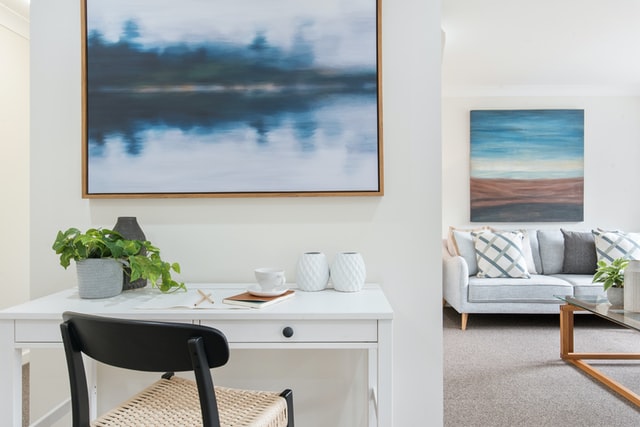The landlord’s permission is required for a tenant to sublease his or her apartment. When it comes to internet booking sites like Airbnb, this criteria doesn’t work: To avoid losing potential visitors, the tenant must react to the booking request within a reasonable time, often within 24 hours. There is a risk that a prospective visitor would look elsewhere if the renter delays sending the booking confirmation. To investigate a tenant’s request for rent, a landlord may follow the normal timetable of two to four weeks. As a result, many tenants do not bother to get the landlord’s permission before subleasing their property.
The Federal Council intends to address this issue by introducing a new section to the Rental and Letting of Residential and Commercial Property Ordinance (VMWG). The renter may now seek the landlord for permission to lease a unit in line with Art. 262 of the Swiss Code of Obligations.
The landlord’s general approval of the sublet
Landlord’s general approval for subletting a flat means that the tenant’s former duty to acquire the landlord’s permission for each apartment leased is no longer necessary. In its substitute, the landlord’s general consent has been established.
The tenant requires an application for landlords to be informed of sublet requirements, including the maximum rent, the maximum number of inhabitants, and the maximum number of buildings impacted.
As long as the tenant complies with his or her obligation to notify the landlord, the landlord may only deny general consent to a sublease if the circumstances of the sublet are abusive or the landlord suffers substantial disadvantages due to the sublet. As a result, “multiple short-term sublets” are de facto a basic right of the tenant.
The Landlord’s Reasons for Refusal Haven’t Changed
Swiss Code of Obligations Article 262 Par. 2 is untouched under the new tenancy law regulations grounds for refusal remain unaffected. Any future sublettings will be illegal under the law if the landlord refuses or revokes his or her approval to sublet because of the tenant’s abusive sublet terms or because the landlord suffers severe disadvantages.
If the tenant demands a much higher subletting rate than the principal rental contract, which isn’t justified by the tenant’s expenses, these subletting circumstances are called abusive.
If there is a large churn of subtenants, the landlord faces a significant loss in value because of the increased wear and tear on the apartment. The Zürich Rental Court concluded in a recent case involving a renter who utilized a flat two or three days a week and rented it for up to six persons at a time for a longer amount of time.
A Subleasing Agreement Cancellation Without the Landlord’s Permission
When a tenant sublets their apartment without the landlord’s permission, the landlord has the right to terminate the rental agreement unusually. According to the Swiss Federal Supreme Court, if a tenant fails to get the landlord’s authorization to sublease before moving out, a legal termination is already warranted. By failing to comply with a landlord’s request in writing, tenants may be subject to an unusual termination of their renting agreement.
Conclusion
As a result of the Federal Council’s planned inclusion of Art. 8a (new), tenants will be able to obtain a landlord’s general authorization for subletting simpler.
A landlord’s permission is required for each sublet until the new VMWG section 8a (new) has taken effect in January 2019, unless the landlord has given his or her general agreement. The contract might be suddenly terminated when a tenant sublets their apartment without the landlord’s permission.
Landlords may still refuse to allow a sublease if the circumstances are harsh or if the landlord suffers substantial disadvantages, even if the tenancy law restrictions have been updated.


